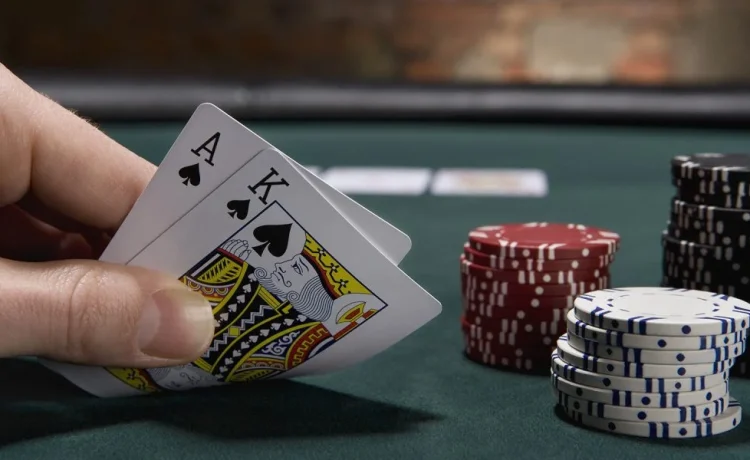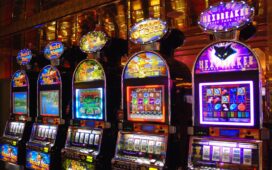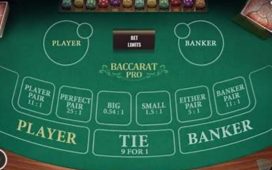Exciting sounds may captivate players, but the underlying mathematics drives these games. Understanding this math can enhance your gaming experience and help you make more informed decisions. At the heart of every casino game is probability theory. This branch of mathematics deals with the likelihood of different outcomes occurring.
Online casinos, each game has a set of possible outcomes, each with its probability of occurring. For example, the odds of drawing an ace in a 52-card deck are 4/52 or 1/13. This simple concept forms the basis for more complex calculations in games like poker and blackjack. Awareness of these basic probabilities is crucial for players to develop strategies and informed decisions.

Casino’s mathematical advantage
The house edge is one of online casino games’ most important mathematical concepts. It represents the average gross profit the casino expects to make from each match, expressed as a percentage of the player’s original bet. For instance, the house edge in Roulette is approximately 2.7%. This means that, on average, the casino expects to keep €2.70 for every €100 wagered. Games have different house edges between different versions of the same game. Atas online casinos often provide information about the house edge, allowing players to choose games with more favourable odds.
Law of large numbers
This fundamental principle of probability theory states as a sample size grows; its mean will tend to converge on the expected value. In the context of online casinos, the actual results will likely match the theoretical probabilities over a vast number of plays. This law explains why casinos can be confident in their profits over time despite the possibility of short-term losses due to lucky players. It also underscores why chasing losses is a flawed strategy – the math will always catch up in the long run.
Game-specific mathematics
Different casino games employ various mathematical principles:
- Slot machines- These use complex algorithms to determine winning combinations. The math involves probability theory and the concept of “return to player” (RTP), essentially the opposite of the house edge.
- Blackjack- This game involves conditional probability and decision theory. The basic strategy in blackjack is a mathematically optimal way to play each hand based on the player’s cards and the dealer’s up card.
- Poker- Poker math goes beyond simple probability, incorporating game theory and expected value calculations. Concepts like pot odds and implied odds are crucial for skilled play.
- Roulette- The math here involves simple probability calculations based on the number of possible outcomes. The green 0 (and 00 in American Roulette) creates the house edge.
Volatility, closely related to variance, describes how much and quickly the game’s payouts fluctuate. atas online casinos often provide information about a game’s volatility, helping players choose games that match their risk tolerance and playing style.
This is a mistaken belief that if something happens more frequently than usual during a given period, it will happen less in the future. For example, if a roulette wheel has landed on red several times, some players might believe that black is “due” to come up. However, this belief is mathematically unfounded. Each spin of the independent event’s previous spins does not influence its outcome.














